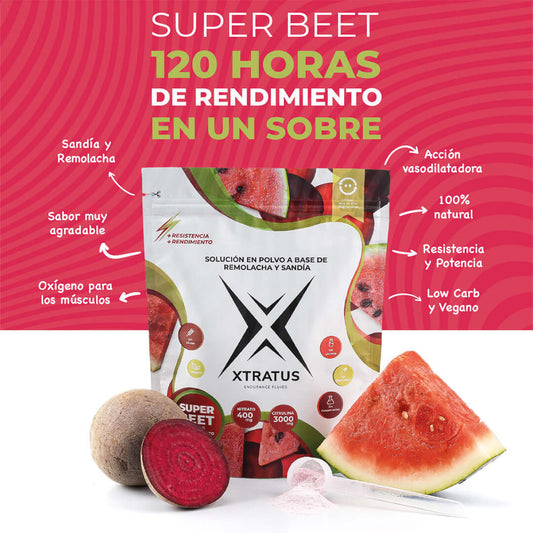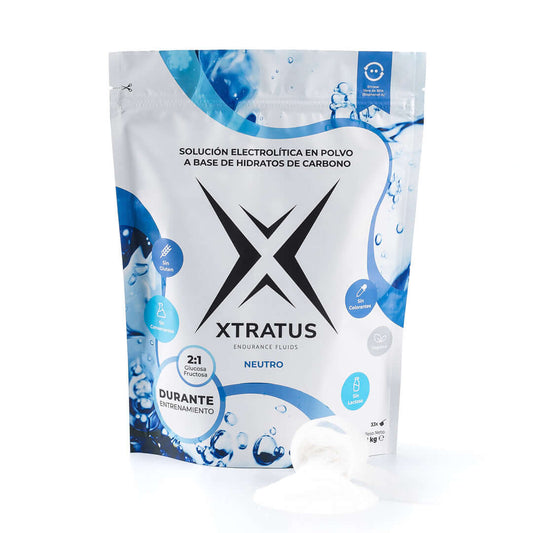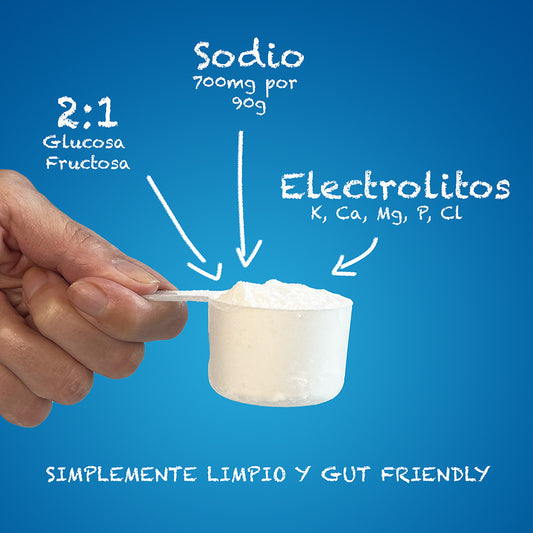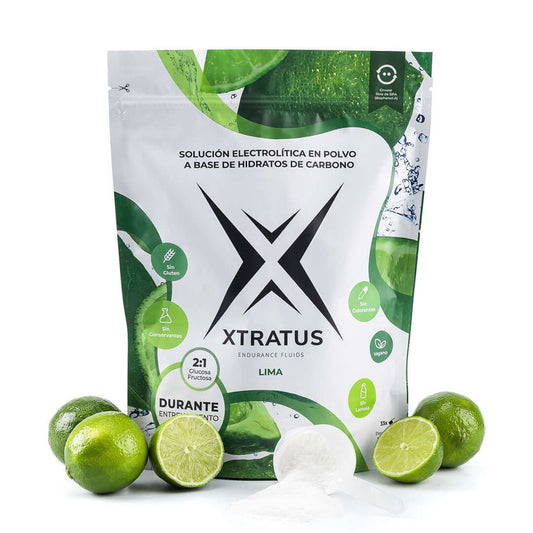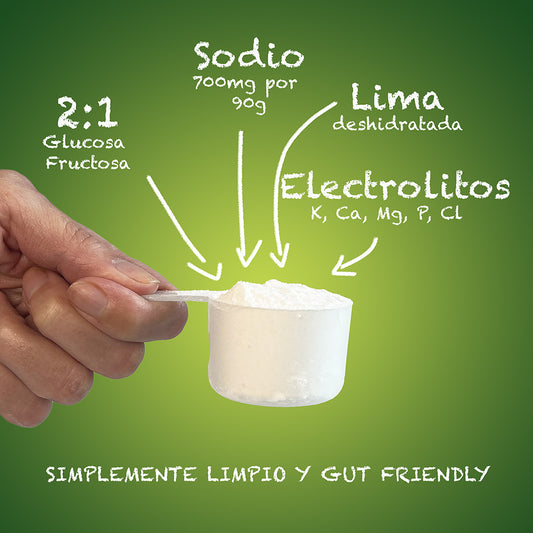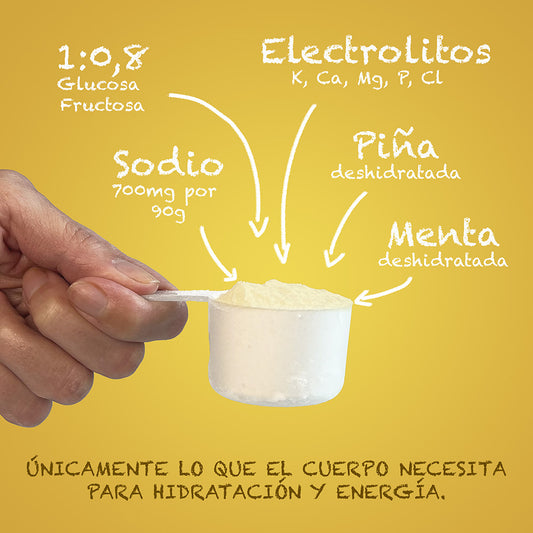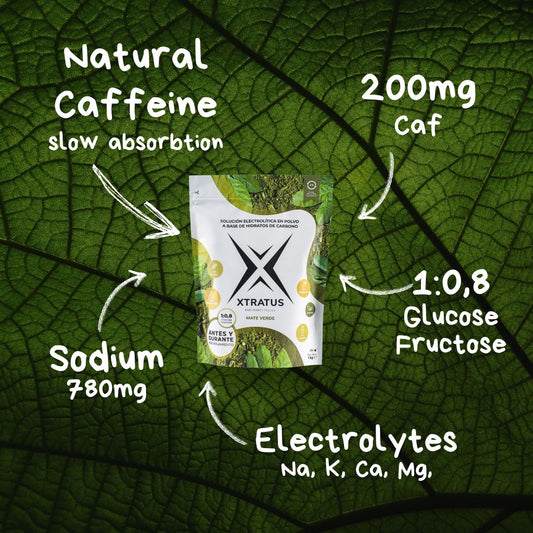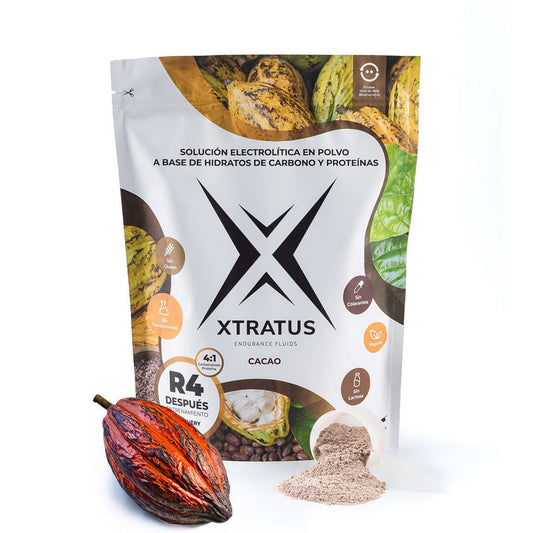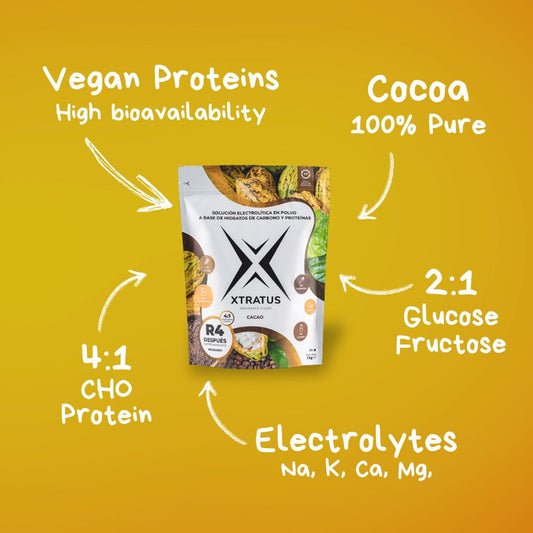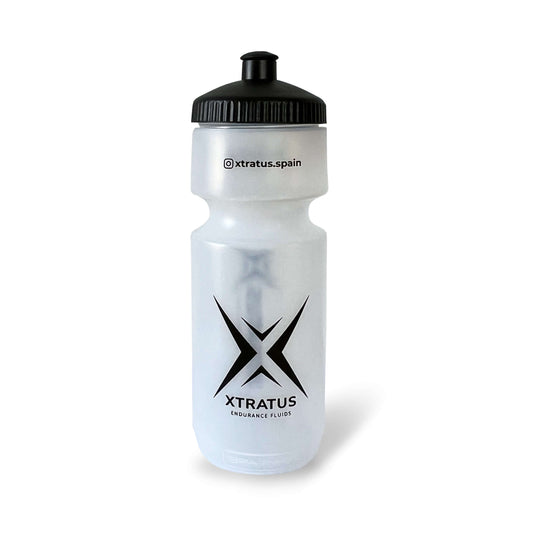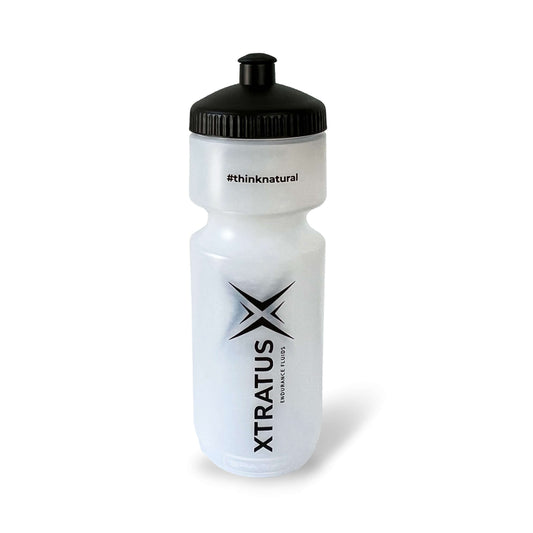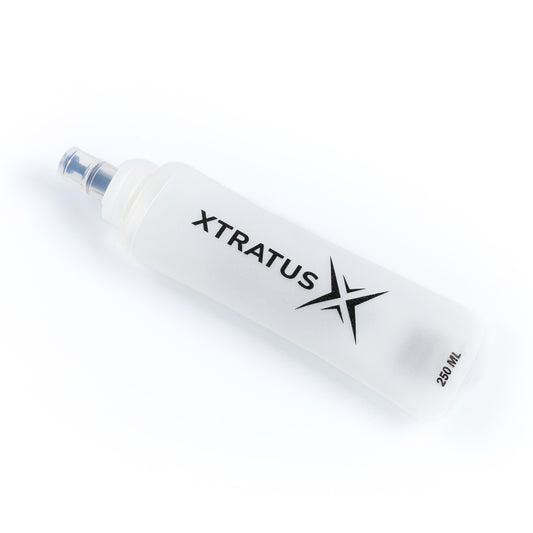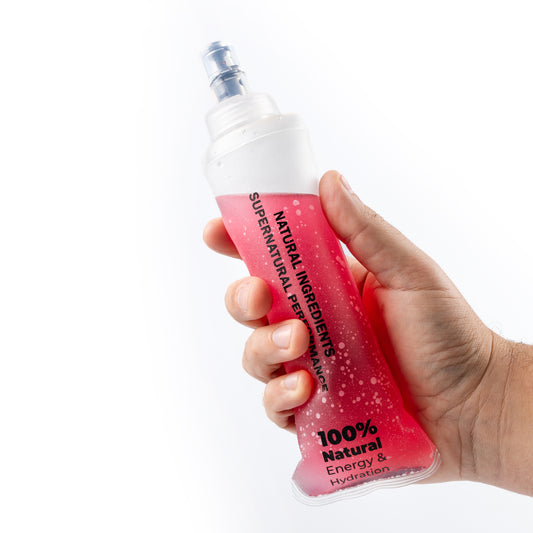
Use of carbohydrates in high intensity sports
The Carbohydrates are essential nutrients in the diet of exercisers, amateur and professional athletes, as they generate energy for maintenance and intensity throughout training.
The energy demand during prolonged training is made available through the breakdown of carbohydrates during exercise.
During moderate-intensity, long-duration exercises, fatigue may occur due to the use of muscle and liver glycogen.
The longer the workout, the greater the use of glycogen for energy maintenance.
The evolution of the use of Carbohydrate
Over the past twenty years, sports nutrition has evolved with animal and human studies demonstrating the importance of pre-workout nutrition and carbohydrate intake throughout the day, before, during, and after training. After carbohydrate ingestion and the digestion and absorption process, two important substrates are formed for use during training: muscle and liver glycogen.
Liver glycogen is primarily intended to be the immediate source of glucose to maintain blood glucose levels during training.
This supply, however, is limited. Around 40 to 60 minutes after the start of activity, these stores that maintain blood glucose are depleted, and therefore, new glucose replacements through supplementation are necessary.
If carbohydrate supplementation is not carried out, another metabolic pathway for blood glucose production is activated: gluconeogenesis.
Gluconeogenesis produces glucose from three sources: lactate, glycerol, and amino acids. Lactate is produced through energy metabolism and transported to the liver (Cori cycle), forming glucose and releasing it into the bloodstream.
Lipolysis, the breakdown of body fat through the oxidation of triacylglycerols, releases glycerol into the bloodstream, which is transformed into glucose in the liver and helps maintain blood glucose levels.
Amino acids, however, are available through the breakdown of muscle protein for the formation of glucose. This mechanism causes muscle mass to be used as an energy source during prolonged training. To prevent this from happening, it is essential to maintain carbohydrate supplementation throughout the entire workout, especially those lasting more than 1 hour and 30 minutes.
Just as liver glycogen is important for maintaining energy during workouts, muscle glycogen is essential for maintaining the intensity of your workout.
Muscle is a selfish tissue. The substrates stored within it are only used for energy maintenance, and these reserves are also limited. After complete reduction and depletion of muscle glycogen, supplementation is important to maintain this energy supply to the muscles, and Xtratus was created for this purpose.
According to Jeukendrup, carbohydrate intake during longer workouts increases capacity and performance by reducing the cost of oxygen production.
The energy produced through carbohydrate metabolism is greater due to the availability of substrates and simpler due to their metabolic pathways compared to fat substrates. The energy yield through the volume of oxygen supplied by carbohydrates is therefore greater and easier for the body than when compared to fat substrates.
Another key role of the carbohydrates during these times of voluminous training is that these nutrients are important vehicles for the absorption of micronutrients and electrolytes.


